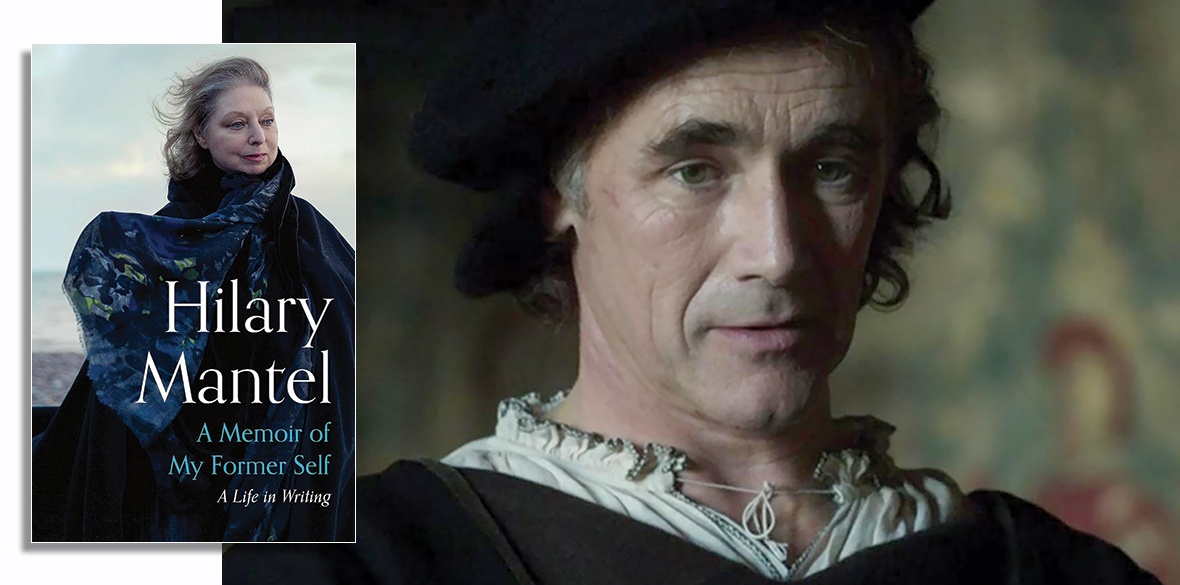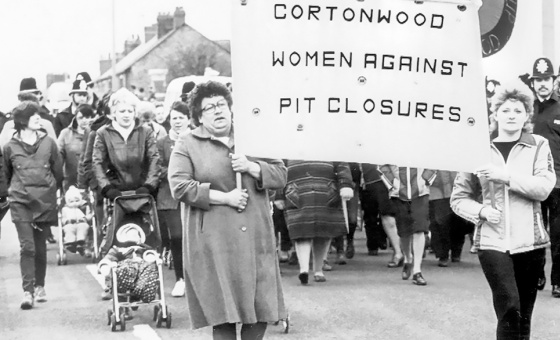This is the last article you can read this month
You can read more article this month
You can read more articles this month
Sorry your limit is up for this month
Reset on:
Please help support the Morning Star by subscribing here
A Memoir of my Former Self
Hilary Mantel
John Murray, £25
A MEMOIR of my Former Self, or “Messages from people I used to be” is a selection of journalism from one of our finest writers.
Harvested by her long-time editor Nicholas Pearson and published a year after her death last year, the range is 2007-2017. The book is divided into sections – essays, film reviews (from her time at The Spectator), Reith Lectures and an enticingly named collection called The Moon Was a Tender Crescent. Although journalism they read as literature, with the writer in an artist’s resonance with her subject; whether another writer, the past or the act of writing itself. Ink is a generative fluid.
Not academic, yet academically impeccable, she often defies the litocracy of the creative writing industry. In terms of “showing, and not telling” she demonstrates what needs showing, and what telling, and how these styles of writing form the aesthetic balance of a book, much like cold and warm colours do in painting or tapestry.
Each of her Reith lectures is high calorific brain food and slips down nicely. The lecture on Adaptations is fascinating: “Compared to viewers 30 years ago, we are swift and sophisticated consumers of narrative. We have seen so many stories on the screen, and eaten them so fast with our gaze.” Just 30 years? Hmm.
One of my own favourite writers was Irish writer John McGahern. To read Mantel’s essay about him is gratifying: “The dead are under the feet of the living... John McGahern is as attentive to their low voices as to the nuances of the shifting light.”
And from the sublime to the ridiculous — Donald Trump in 2016: “He must make good on his promises, for his supporters will soon be hungry; he, the ambulant id, must nurse his own offspring, and feel their teeth.” I’d love her take on Trump this time around.
Her illuminative writing – whether through modern wattage or the Tudor candle — takes us into credible and highly enjoyable territory. Although not a historian (as such) history was much of her subject matter and through her art, she made the dead live — most famously through her Thomas Cromwell trilogy, where the son of a blacksmith manages royalty and the establishment du jour with his superior intelligence. In the first of her 2017 Reith Lectures, she quotes St Augustine: “The dead are invisible, they are not absent.”
History gives us one set of meanings, “but if we want to meet the dead looking alive, we turn to art.” And: “As soon as we die we enter into fiction. Just ask two different family members to tell you about someone recently gone, and you will see what I mean.”
Another of her major themes is the position of women in society, their power, and the lack of it. Men in history make mistakes; women have mistakes thrust upon them.
Her long essays on female writers — Jane Austen, Annie Proulx, and Rebecca West — are fascinating. Of the women in her northern working-class family she says: “Our story stops with me.” She writes movingly of her illnesses and subsequent infertility. Also of her time spent in Saudi Arabia. An outsider most definitely, but then she always was, watching and listening from the margins.
In the essay from which the title is drawn she references an episode while researching “Beyond Black,” her brilliant novel about suburban psychics, where a clammy-handed medium elicits some tacky stuff from her imagination and Mantel embarrasses herself. “Two things I learned. One; Beware of effusions. Two: If only I had applied myself I could have been Catherine Cookson.” She can be very funny.
Hilary Mantel writes her mind and tips its content effortlessly into ours. In reading her you feel she’s got your ear, that she’s telling you this and you alone. Let’s hope there is more of this literary nourishment to be found. Might there be Diaries?









